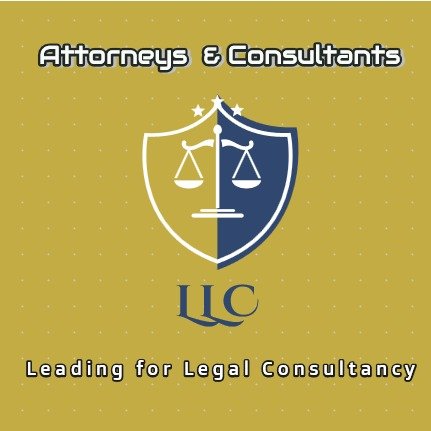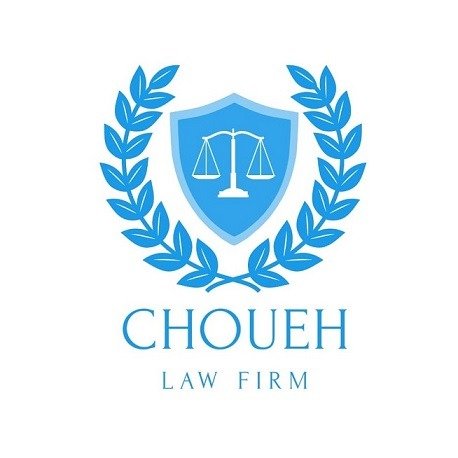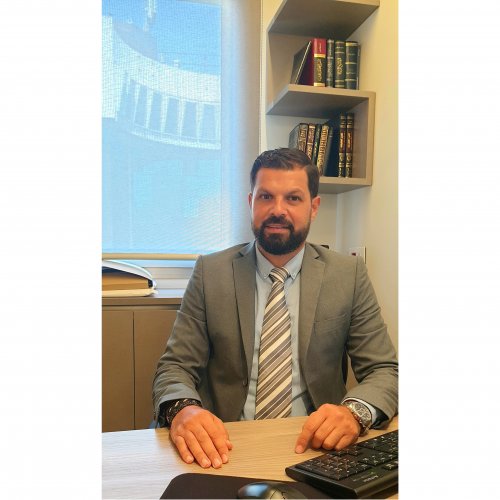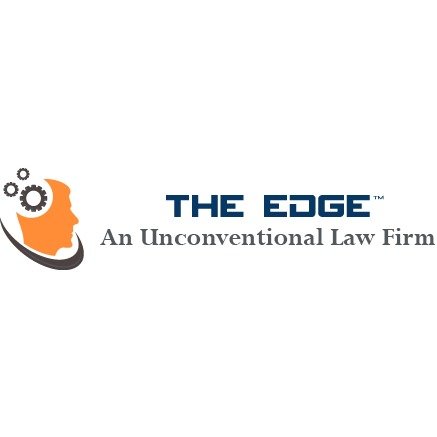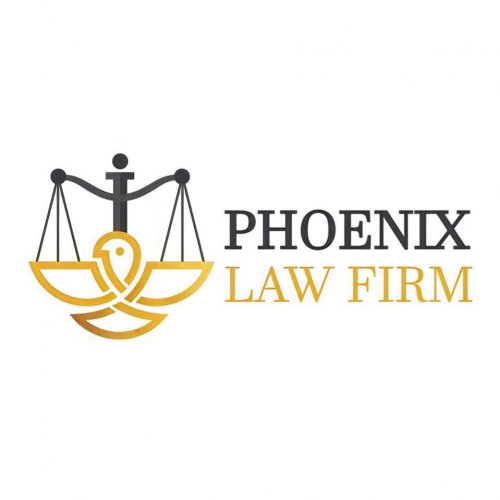Best FDA Law Lawyers in Lebanon
Share your needs with us, get contacted by law firms.
Free. Takes 2 min.
Or refine your search by selecting a city:
List of the best lawyers in Lebanon
About FDA Law in Lebanon
In Lebanon, FDA Law refers to the legal and regulatory framework governing the approval, importation, manufacturing, marketing, distribution, and safety monitoring of food, drugs, and medical products. Unlike the United States, Lebanon does not have a singular Food and Drug Administration body. Instead, various government ministries and departments are responsible for regulating food and drug safety, mainly the Ministry of Public Health (MoPH), the Lebanese Standards Institution (LIBNOR), and the Ministry of Economy and Trade. FDA-related laws aim to protect public health by ensuring that food, pharmaceuticals, medical devices, and cosmetics meet specific safety, efficacy, and quality standards set by Lebanese authorities.
Why You May Need a Lawyer
Navigating FDA Law in Lebanon can be complex due to fragmented responsibilities, evolving regulations, and stringent requirements. You may require a lawyer's assistance in several situations such as:
- Registering new pharmaceutical or food products
- Obtaining import or marketing authorizations for drugs, supplements, or medical devices
- Responding to product recalls or regulatory warnings
- Ensuring advertising and promotional materials comply with local regulations
- Handling disputes regarding counterfeit or substandard products
- Addressing issues of product liability or consumer harm
- Guiding compliance with labeling, packaging, and ingredient requirements
- Dealing with licensing and certification for manufacturers or distributors
- Managing inspections by health authorities
- Interpreting and adapting to changes in the law or regulatory updates
An attorney with experience in FDA Law can help safeguard your business, avoid costly mistakes, and facilitate smoother interactions with Lebanese regulatory agencies.
Local Laws Overview
Lebanese FDA-related law is decentralized, with overlapping jurisdictions among various governmental bodies. Some key aspects include:
- Food Safety: The main law governing food safety is the Food Safety Law enacted in 2015. It covers food importation, processing, distribution, and retail. The Lebanese Food Safety Commission (LFSC) oversees implementation, supported by the Ministry of Public Health and Ministry of Agriculture.
- Pharmaceuticals: The registration, import, and sale of pharmaceutical products are regulated by the Ministry of Public Health. Pharmaceutical registration requires detailed technical dossiers and compliance inspections.
- Medical Devices: While less regulated than drugs, medical devices still require notification or approval from the MoPH, especially for class II or class III devices.
- Cosmetics and Personal Care Products: The Ministry of Public Health also oversees the registration and compliance of cosmetics, ensuring ingredients conform to safety standards.
- Advertizing and Labeling: Strict rules govern advertising and labeling claims for health-related products. Misleading, false, or unapproved therapeutic claims can lead to regulatory action.
- Enforcement: Non-compliance can result in administrative penalties, product recall, import bans, license suspension, and in some cases, criminal liability.
Recent years have seen increasing emphasis on aligning local laws with international standards, but enforcement and practical requirements can vary, making legal guidance essential.
Frequently Asked Questions
What Lebanese authorities regulate food and drug safety?
The Ministry of Public Health is the primary regulator for drugs, food supplements, cosmetics, and medical devices. Food safety involves additional oversight by the Lebanese Food Safety Commission, Ministry of Agriculture, and Ministry of Economy and Trade.
Do I need to register my imported medicine or health product in Lebanon?
Yes, most imported medicines, medical devices, and dietary supplements must be registered with the Ministry of Public Health before entering the Lebanese market. The registration process involves submitting detailed technical and clinical data.
What are the requirements for food product importation?
Imported food products must comply with the Lebanese Food Safety Law, including product registration, labeling in Arabic, and documentation showing compliance with safety and quality standards.
How are pharmaceutical advertisements regulated?
Pharmaceutical advertisements must be pre-approved by the Ministry of Public Health. Claims must be substantiated and aligned with approved product labeling. Unsanctioned or false claims are prohibited.
What should I do if my product is subject to recall?
If a product is recalled or found unsafe, you must immediately comply with recall instructions from authorities, communicate transparently with distributors and consumers, and implement corrective actions.
How can a lawyer assist with the product registration process?
A legal expert can help prepare and submit compliant dossiers, respond to regulatory queries, ensure documentation meets all local requirements, and represent you in interactions with authorities.
Are there criminal penalties for violating FDA-related laws in Lebanon?
Yes, serious violations involving fraud, counterfeit products, or health endangerment can be subject to criminal prosecution in addition to administrative sanctions and fines.
Can I claim that my supplement cures or treats diseases?
No, supplements cannot be advertised or labeled with disease treatment or cure claims. Such statements are strictly reserved for registered pharmaceuticals and require regulatory approval.
How do I report a food or drug safety issue?
Consumers and businesses can report safety issues to the Ministry of Public Health or the relevant authority. Prompt reporting helps prevent harm and demonstrates good faith.
Are local agents or representatives required for foreign manufacturers?
Yes, foreign food and drug manufacturers must generally appoint a local legal representative or agent to register products and interact with authorities in Lebanon.
Additional Resources
Here are some helpful resources and organizations related to FDA Law in Lebanon:
- Ministry of Public Health (MoPH): The primary regulator for drugs, medical devices, supplements, and cosmetics
- Lebanese Food Safety Commission (LFSC): Lead body for food safety implementation and enforcement
- Ministry of Economy and Trade: Oversight of import, export, and compliance for consumer goods
- Lebanese Standards Institution (LIBNOR): Sets national standards for food, pharmaceutical, and medical products
- Order of Pharmacists of Lebanon: Offers industry guidance and updated regulations
- Lebanese Industrial Research Institute (LIRI): Laboratory analysis and product certification services
It may also be helpful to consult with trade associations, chambers of commerce, and specialized law firms focusing on health and regulatory law.
Next Steps
If you need legal assistance regarding FDA Law in Lebanon, consider the following steps:
- Gather all documentation related to your product or issue, including any regulatory notices, product labels, registration documents, contracts, and correspondence with authorities
- Identify your immediate needs, such as registering a new product, handling a regulatory inspection, or responding to an enforcement action
- Research and contact a qualified Lebanese lawyer with experience in FDA-related regulations and dealings with the Ministry of Public Health and other key agencies
- Schedule a consultation to discuss your situation, review your compliance status, and define a legal strategy
- Stay informed about local law updates and maintain ongoing legal support to ensure continued compliance and avoid future legal difficulties
Approaching FDA Law in Lebanon proactively with the support of an expert legal advisor will help you navigate complex regulations, protect your interests, and successfully operate or market food, drugs, or health products in Lebanon.
Lawzana helps you find the best lawyers and law firms in Lebanon through a curated and pre-screened list of qualified legal professionals. Our platform offers rankings and detailed profiles of attorneys and law firms, allowing you to compare based on practice areas, including FDA Law, experience, and client feedback.
Each profile includes a description of the firm's areas of practice, client reviews, team members and partners, year of establishment, spoken languages, office locations, contact information, social media presence, and any published articles or resources. Most firms on our platform speak English and are experienced in both local and international legal matters.
Get a quote from top-rated law firms in Lebanon — quickly, securely, and without unnecessary hassle.
Disclaimer:
The information provided on this page is for general informational purposes only and does not constitute legal advice. While we strive to ensure the accuracy and relevance of the content, legal information may change over time, and interpretations of the law can vary. You should always consult with a qualified legal professional for advice specific to your situation.
We disclaim all liability for actions taken or not taken based on the content of this page. If you believe any information is incorrect or outdated, please contact us, and we will review and update it where appropriate.
Browse fda law law firms by city in Lebanon
Refine your search by selecting a city.



